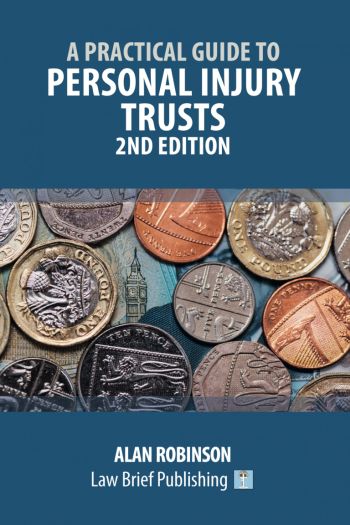
Means tested social security benefits normally include a capital rule, under which someone with excess capital is disqualified from the benefits, or the amount payable is reduced. Similarly, someone with capital in excess of a certain amount is disqualified for local authority social care services, or will be required to make a contribution from their capital. Because a windfall, such as a legacy, can thereby deprive the claimant, the rules were amended to allow compensation for personal injury to be treated as exempt from the capital rule if placed in a trust. This in turn awakened interest in the personal injury trust as a method of dealing effectively with compensation for personal injury, and also of ensuring tax efficiency. Personal injury trusts, therefore, have become a basic tool for use by personal injury practitioners and by private client advisers.
This new edition brings together the law on benefits, taxation and social care. It brings up to date both the changes in benefits (particularly with the national roll-out of universal credit) and the changes in tax as they affect personal injury trusts, and also considers the view of the Court of Protection on PI trusts as a method of administering the property of someone without capacity.